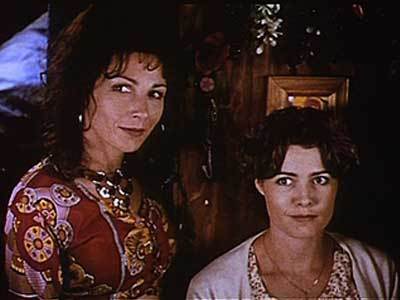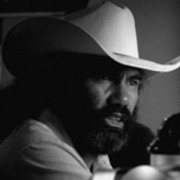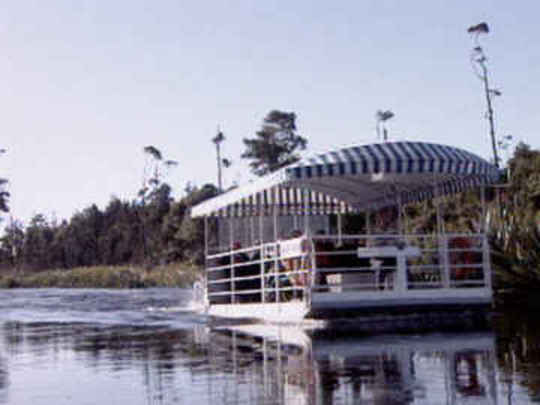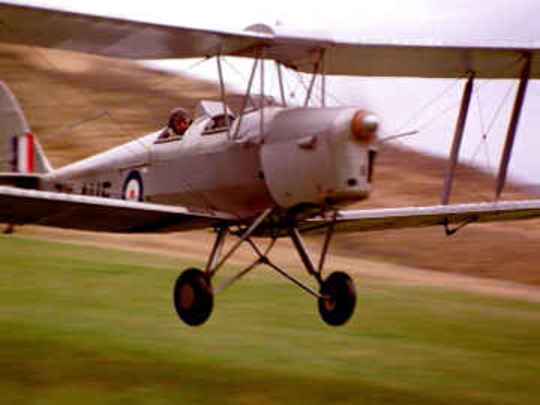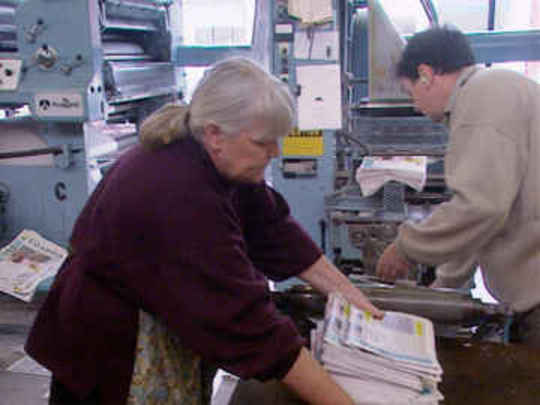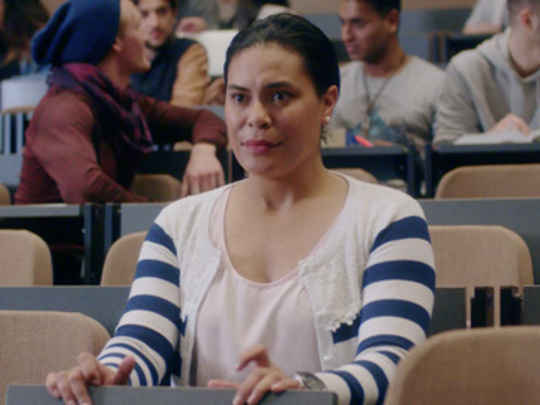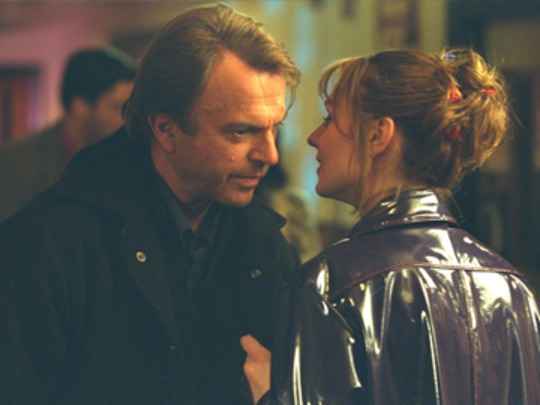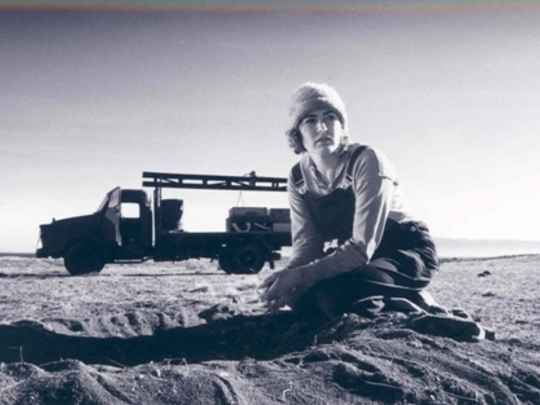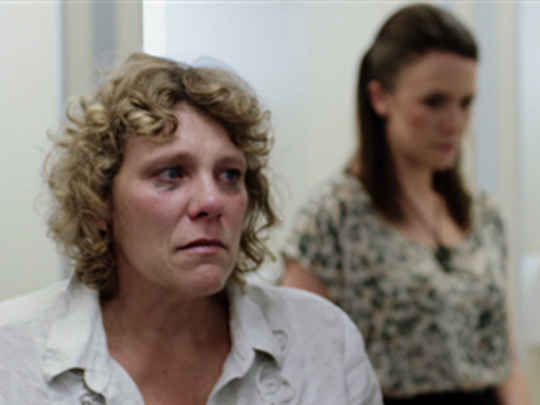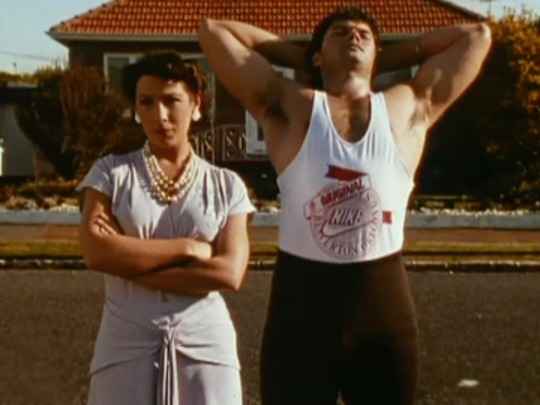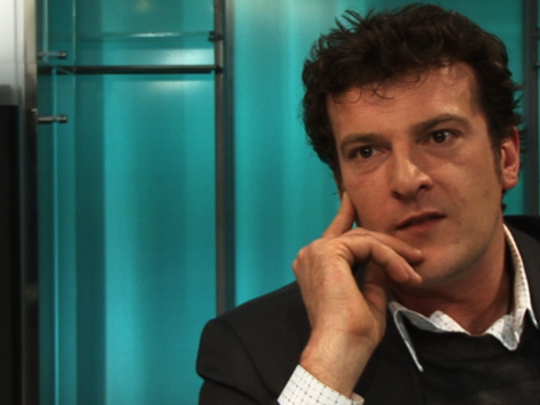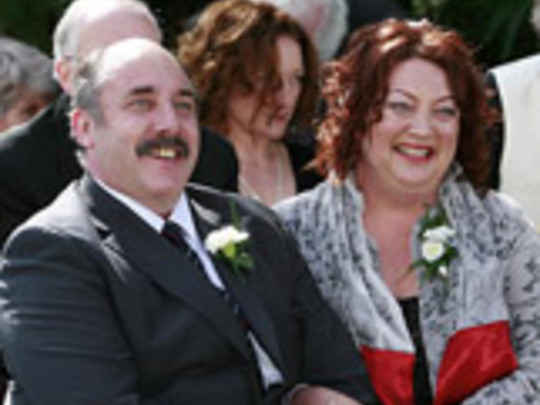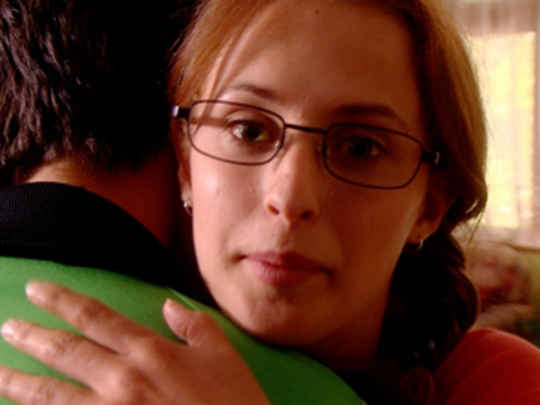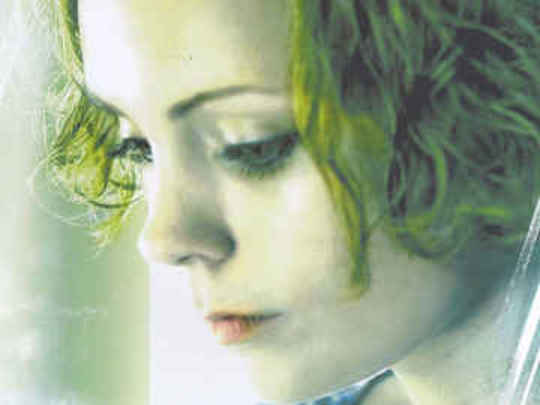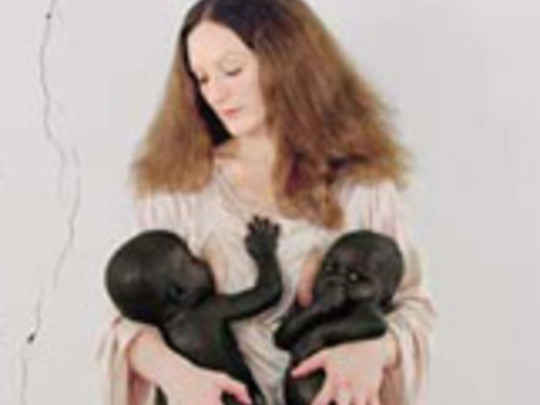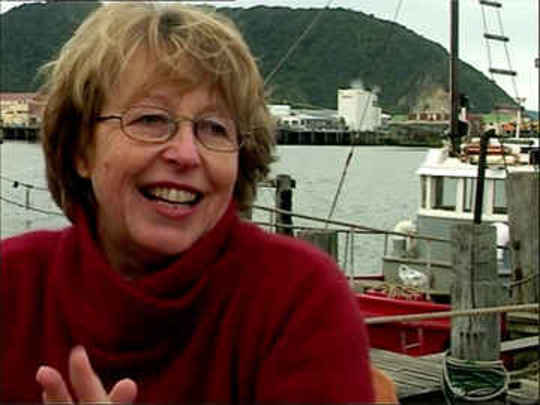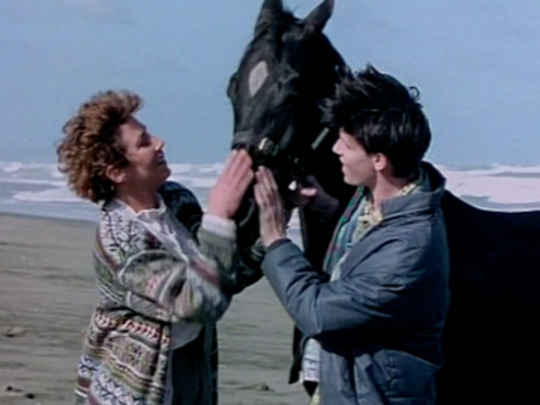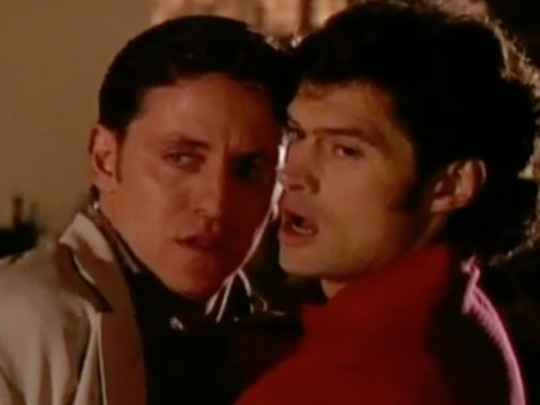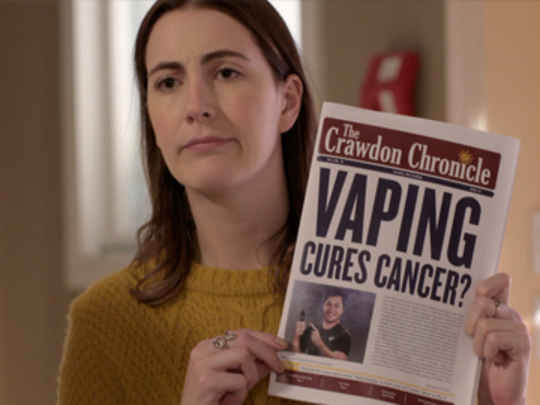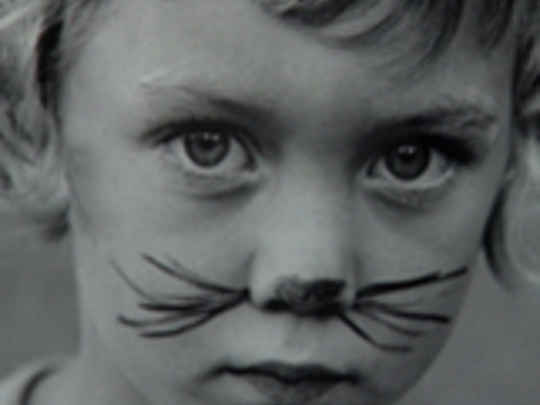Magik and Rose
Film (Trailer and Excerpts) – 2000
Magik (Alison Bruce), a wandering fortune teller, parks her house truck in Hokitika on a mission to find the daughter she gave up for adoption. One of her first clients, a married chemist's assistant (Nicola Murphy), is seeking a solution to infertility. Magik, too, wants another child — but not a partner. In writer/director Vanessa Alexander’s first feature, the pair embark on a joint odyssey for love and pregnancy. The film also features Oliver Driver and scenes shot at Hokitika's Wildfoods Festival. Variety critic David Stratton praised the casting and "disarmingly sweet treatment". Read more about Magik and Rose here.
...one of the more beguiling local efforts to make it into cinemas in recent times . . . Alexander, who also wrote, has a sense of character and plot which would befit a veteran. Better still, she juggles the pathos and comedy of the storyline — which traverses the highly charged subjects of infertility and adoption — without lapsing into the mawkish on the one hand or the farcical and banal on the other.– Peter Calder, in a three-star review when the film played at the NZ Film Festival, July 2000
Key Cast & Crew
See all 28 creditsProduced by
Kahukura Productions
Acknowledgements
Made under the Kahukura Productions/NZ Film Commission 'No-Budget' scheme
Music
Features songs performed by Coalrangers, including opening song 'West Coast Bound' (composed by Ron Valente) and closing song 'Home Tonight' (composed by Des Hetherington)
Includes songs by The Warratahs, The Peter Stuvyvesant Hitlist, John Rowles, Dave Dobbyn and Rockinghorse
